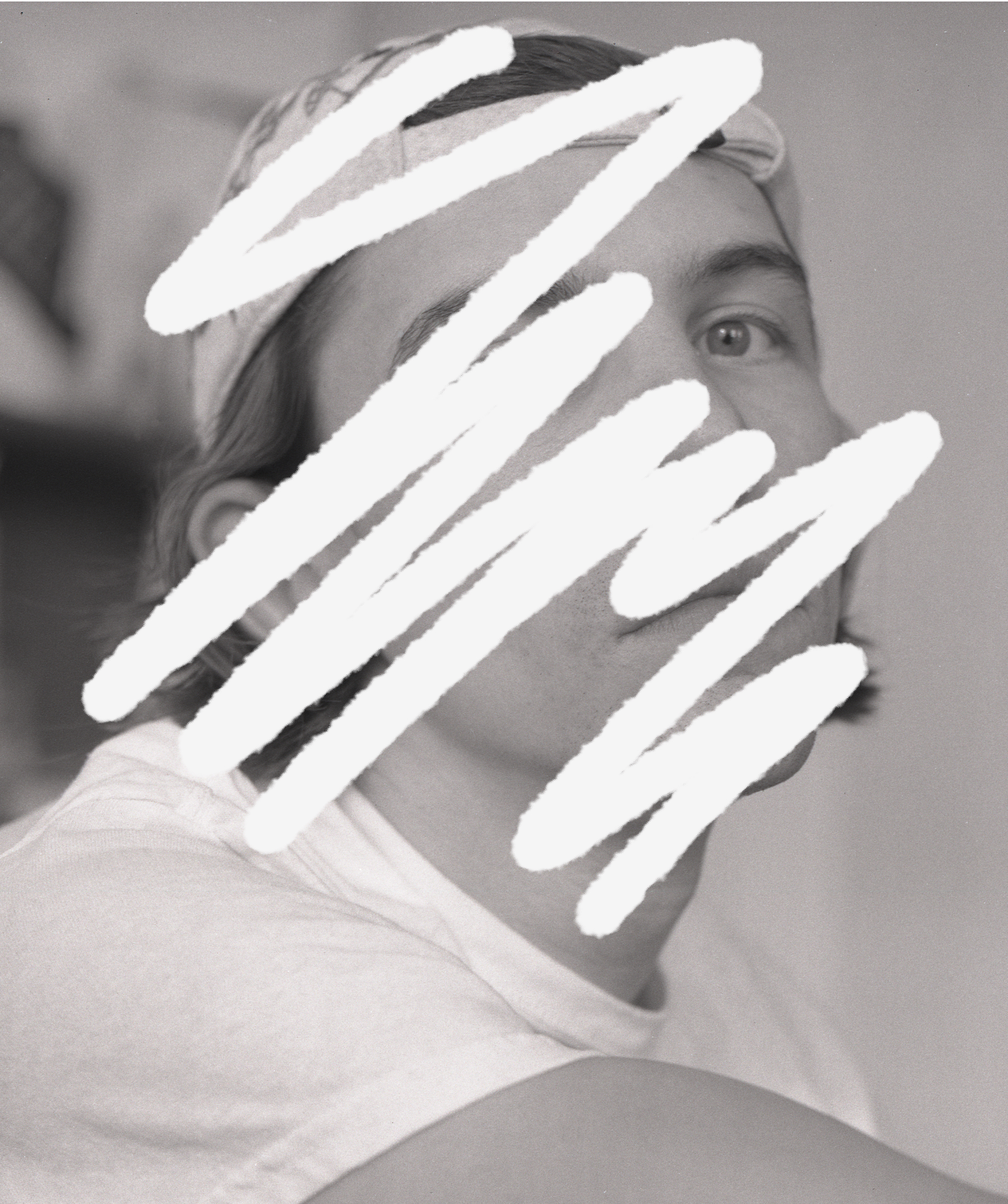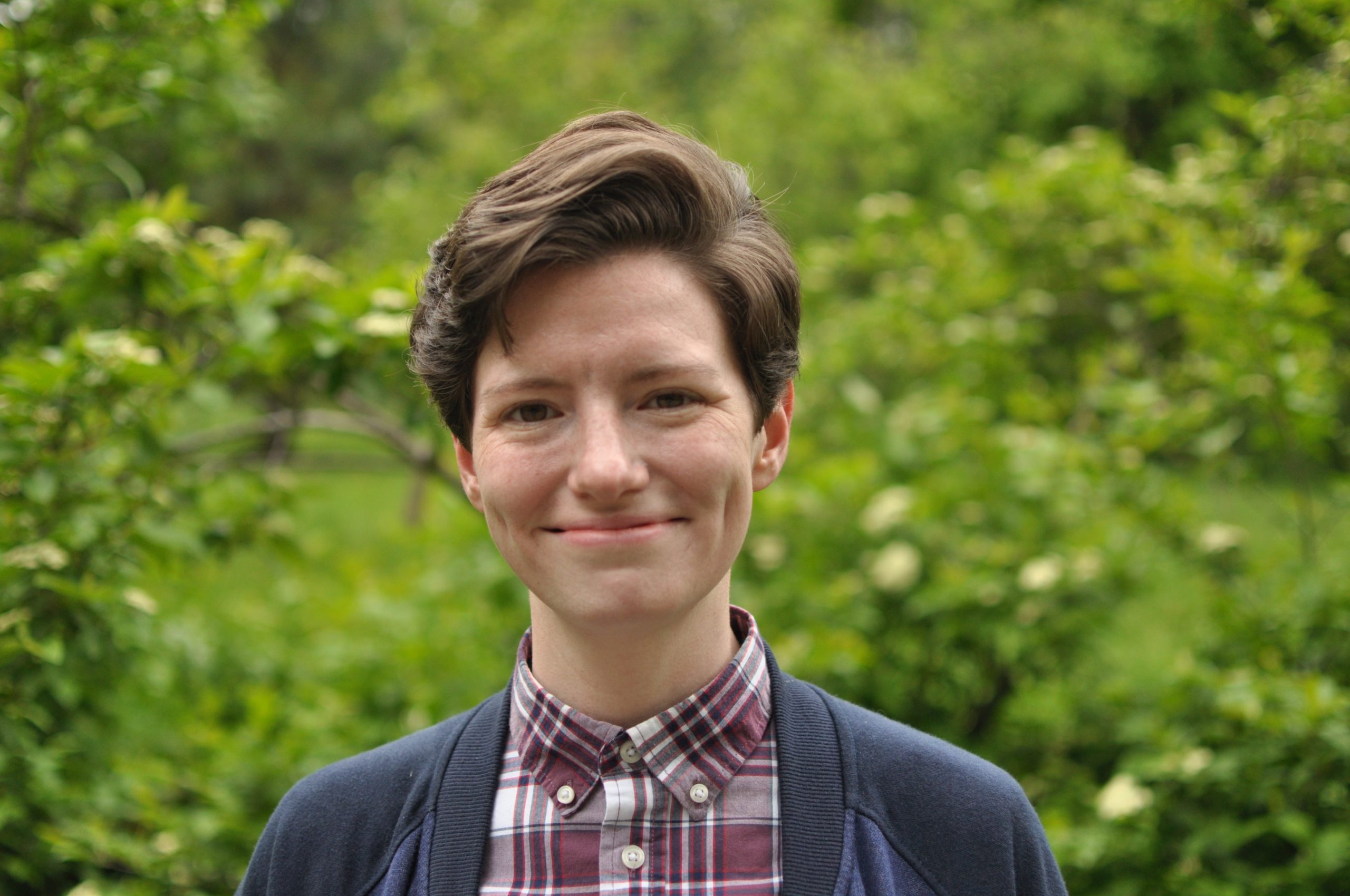
by Michele Kirichanskaya | Dec 16, 2022 | Blog
John Elizabeth Stintzi is the recipient of the 2019 RBC Bronwen Wallace Award and the inaugural Sator New Works Award. Their writing has appeared in Ploughshares, The Malahat Review, Kenyon Review, Best Canadian Poetry, and others. They are the author of the novels My...

by Michele Kirichanskaya | Jul 6, 2022 | Blog
Lin Thompson (they/them) is a Lambda Literary Fellow of 2018. An earlier version of this novel was workshopped in Pitch Wars and it also received the Travis Parker Rushing Memorial Writing Award at Emerson College. Lin grew up in Kentucky but now lives in Iowa with...




